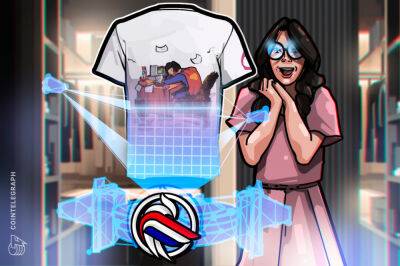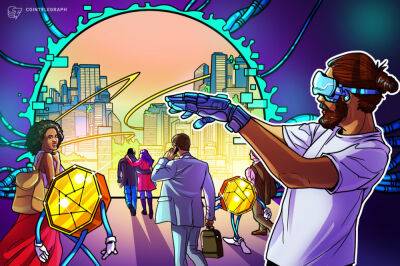Can we create a moral metaverse?
Psychotherapist Nina Jane Patel had been on Facebook’s Horizon Venues for less than a minute when her avatar was mobbed by a group of males. The attackers proceeded to “virtually gang-rape” her character, snapping in-game pictures as mementos. Patel froze in shock before desperately trying to free her virtual self – whom she had styled to resemble her real-life blond hair, freckles and business casual attire.
“Don’t pretend you didn’t love it,” the human voices of the attackers jeered through her headset as she ran away, “go rub yourself off to the photo.”
The metaverse – the blurrily defined term for the next generation of immersive virtual reality technologies – is still in its infancy. But even with crude graphics and sometimes glitchy gameplay, an experience like this can trigger a deeply rooted panic response. “The fidelity is such that it felt very real,” Patel, who is also co-founder of children’s metaverse company Kabuni, tells the Observer. “Physiologically, I responded in that fight or flight or freeze mode.”
Emerging reports depict a metaverse more akin to the lawless chat rooms that dominated the early internet than the moderated and algorithmically pruned digital gardens we mostly occupy today. A recent Channel 4 Dispatchesinvestigation documented metaverses rife with hate speech, sexual harassment, paedophilia, and avatars simulating sex in spaces accessible to children.
Research predating the metaverse hype finds that these experiences are far from uncommon. A 2018 study by virtual reality research agency The Extended Mind found that 36% of males and 49% of females who regularly used VR technologies reported having experienced sexual harassment.
Facebook, which changed its name to Meta last year to signal its
Read more on theguardian.com


 theguardian.com
theguardian.com


















